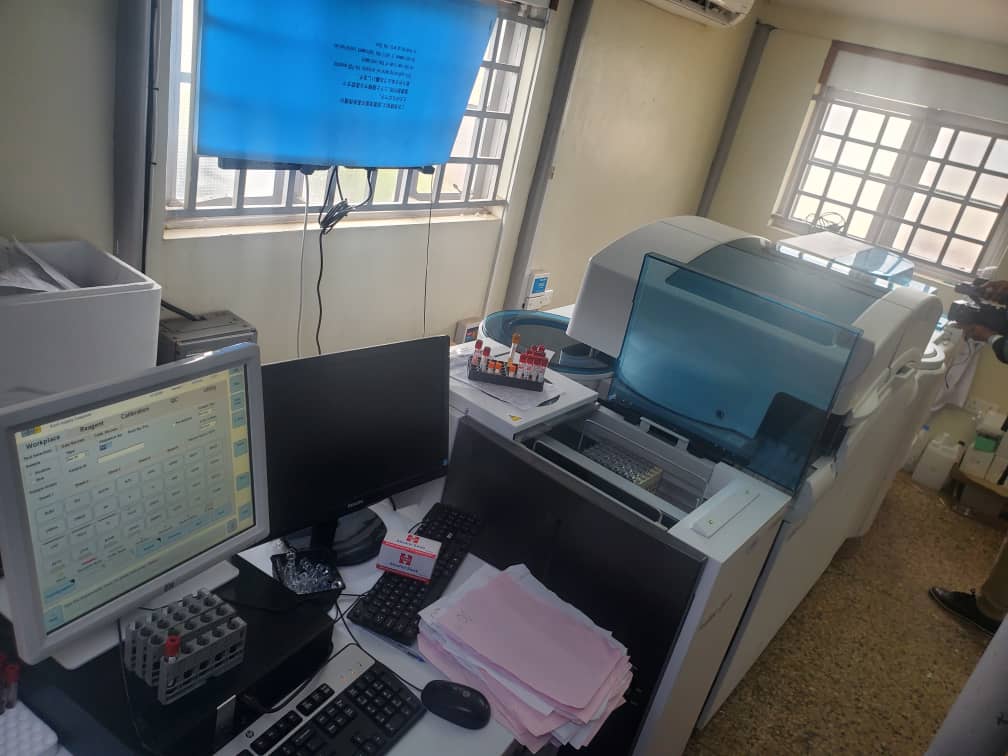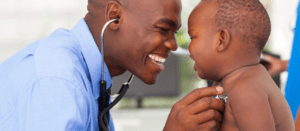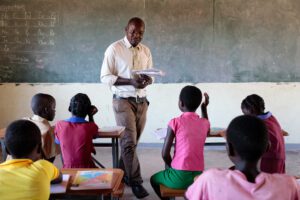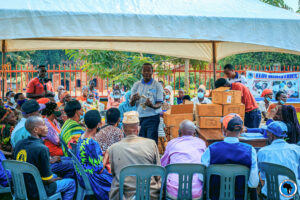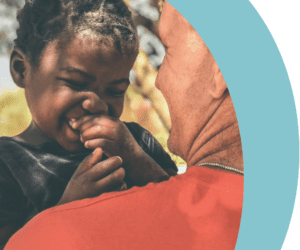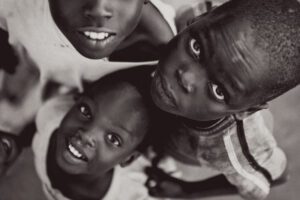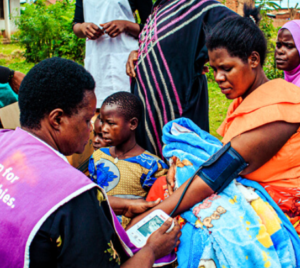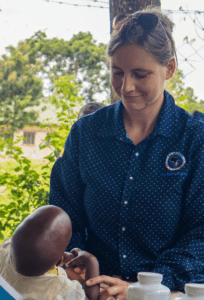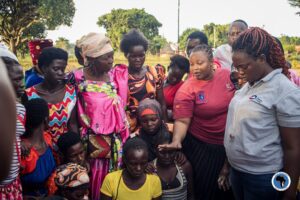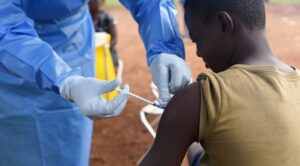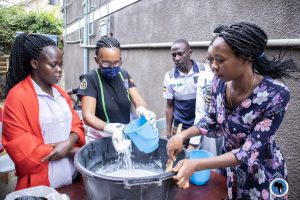NEWS
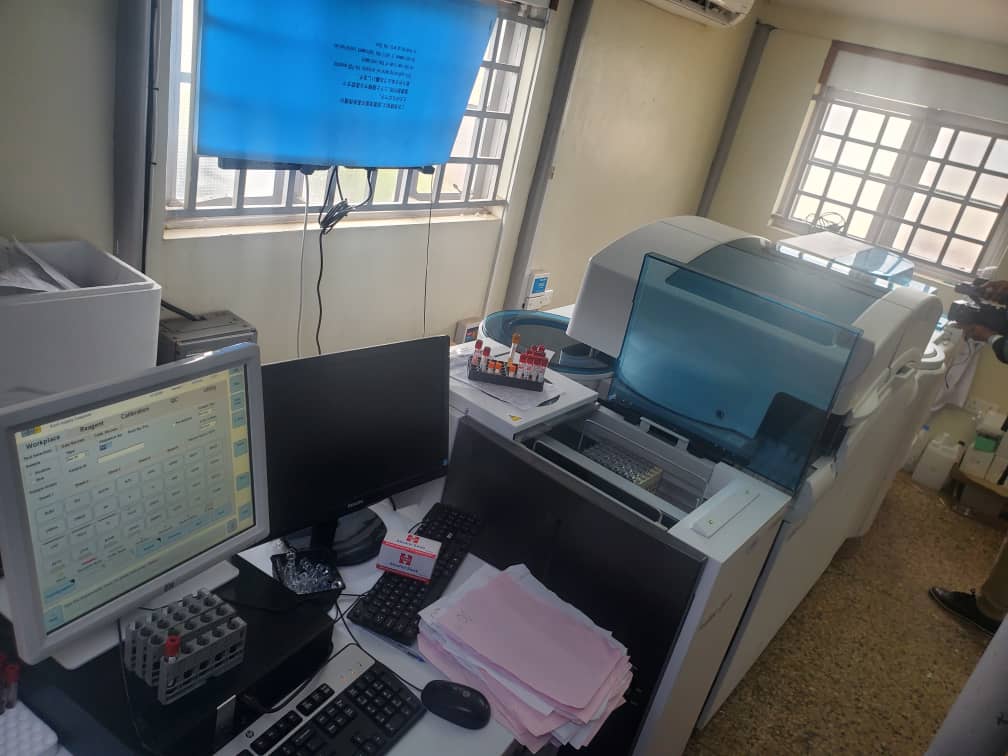 Caption not available
Caption not available
The Uganda Cancer Institute (UCI), East Africa’s leading oncology centre, is making significant strides to improve its diagnostic capabilities. A key initiative is the establishment of a National Reference Laboratory.
Dr. Nixon Niyonzima, head of Research and Training at UCI, explains the importance of this advanced facility. “A reference lab allows us to perform sophisticated tests with standardized results,” he says. This standardization ensures consistency and accuracy in cancer diagnoses, crucial for effective treatment.
The new lab boasts modern equipment capable of delivering faster results. “Our ultimate goal,” emphasizes Dr. Niyonzima, “is to offer every necessary test for our cancer patients right here in Uganda.” This ambitious project aims to eliminate the need for Ugandans to travel abroad for cancer diagnoses.
Keep Reading
- > Police Hunt Killer After Rwandan Woman Found Murdered in Luwero Guest House
- > Uganda Cracks Down on Deadly Boda-Boda Accidents
- > Food Security: Drought looms over Bidibidi Refugee Settlement
- > Echoes of the Past: Ugandan Leaders Call for Cultural Revival on International Museum Day
However, achieving international recognition for the lab’s capabilities remains a hurdle. “We’re actively working towards accreditation,” says Dr. Niyonzima. Accreditation involves rigorous evaluation, ensuring the lab’s performance meets international standards, allowing its results to be seamlessly compared to those of other top labs worldwide.
Uganda faces a significant burden of cancer, with over 300,000 new cases diagnosed annually. The UCI’s radiotherapy department alone sees more than 2,000 new patients each year.
To address this growing challenge, the UCI is not only enhancing its own capacity but also empowering regional cancer hospitals. By building capacity within these facilities, the institute aims to reduce the number of patients who must travel long distances to Kampala for treatment. This focus on regional collaboration signifies a comprehensive approach to tackling Uganda’s cancer crisis.
Author:: Bagombeka Job
Credit:: Nile Post Uganda

